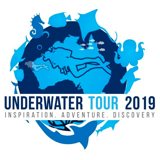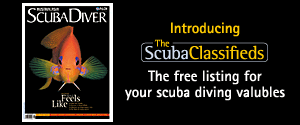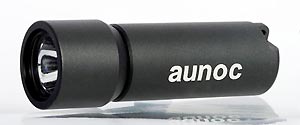- Home
- Directory
- Shop
- Underwater Cameras - Photographic Accessories
- Smartphone Housings
- Sea Scooters
- Hookah Dive Systems
- Underwater Metal Detectors
- Dive Gear
- Dive Accessories
- Diving DVD & Blu-Ray Discs
- Diving Books
- Underwater Drones
- Drones
- Subscriptions - Magazines
- Protective Cases
- Corrective Lenses
- Dive Wear
- Underwater Membership
- Assistive Technology - NDIS
- On Sale
- Underwater Gift Cards
- Underwater Art
- Power Stations
- Underwater Bargain Bin
- Brands
- 10bar
- AirBuddy
- Akona
- AOI
- Apollo
- AquaTech
- Atomic Aquatics
- aunoc
- AxisGo
- Backscatter Underwater Video and Photo
- BLU3
- Buddy-Watcher
- Cayago
- Chasing
- Cinebags
- Contour
- Deepblue
- Devilite
- Digipower
- DJI
- Dyron
- Edge Smart Drive
- Eneloop
- Energizer
- Exotech Innovations
- Fantasea
- FiiK Elektric Skateboards
- Garmin
- Geneinno
- GoPro
- Hagul
- Hoverstar
- Hydro Sapiens
- Hydrotac
- Ikelite
- Indigo Industries
- Inon
- Insta360
- Intova
- Isotta Housings
- Jobe
- JOBY
- Kraken Sports
- LEFEET
- Marelux
- Mirage Dive
- Nautica Seascooters
- Nautilus Lifeline
- NautiSmart
- Nocturnal Lights
- Nokta Makro
- Ocean Guardian
- Oceanic
- Olympus
- OM System
- Overboard
- Paralenz
- PowerDive
- QYSEA
- Ratio Dive Computers
- Scubajet
- Scubalamp
- Sea & Sea
- SeaDoo Seascooter
- SeaLife
- Seashell
- Seavu
- Shark Shield
- Sherwood Scuba
- Spare Air
- StickTite
- StormCase
- Sublue
- Suunto
- SwellPro
- T-HOUSING
- Tusa
- U.N Photographics
- Venture Heat
- XTAR
- Yamaha Seascooter
- Youcan Robot
- Zcifi
Misool Eco Resort expands its world-recognized Marine Conservation Area in Raja Ampat, Indonesia
A fantastic 2nd piece of news from the same region today. There is hope that other pristine areas of this planet will now follow suit.
Misool Eco Resort (www.misoolecoresort.com) and WildAid (www.wildaid.org) announced today the creation of a 468 sq mile (1220 sq km) Marine Conservation Area in Raja Ampat, Indonesia. This has nearly tripled Misool Eco Resort’s 164 sq mile (425 sq km) No-Take Zone, established in 2005. The combined Marine Conservation Area (MCA) now includes an adjoining archipelago of islands called Daram.
The MCA prohibits the kill, capture, or removal of any wildlife. Prohibitions include shark finning, all types of fishing, hunting turtles, and collecting turtle eggs, as well as highly destructive practices such as reef bombing, cyanide fishing, and live reef fish trade.
Misool Eco Resort’s MCA is centered on an eco-region of global importance, linking diverse habitats such as mangroves, shallow reefs, deep sea beds, sea mounts, and coastal regions. The MCA lies just outside the traditional fishing grounds of the local villages. The villagers report increased catches in these fishing grounds as a direct result of protections in the adjacent MCA.
"In the context of my work with Conservation International in Raja Ampat, I have dived the spectacular reefs in the vicinity of Misool Eco Resort several times each year since 2003. During this time, the passionate efforts of Misool Eco Resort and its local Ranger Patrol to protect these world-class reefs have been highly successful in improving the fish biomass in the area and bringing an end to previously rampant destructive fishing practices,” stated Dr Mark Erdmann. “I've noticed a dramatic increase in the number of snappers, groupers, and Napoleon wrasse on these reefs since the implementation of their innovative community agreement for a no-fishing zone in the area. Perhaps most heartening of all, in the past year alone I’ve seen more sharks within the MCA boundaries than I had seen in the preceding 6 years’ combined."
Raja Ampat enjoys the highest marine biodiversity level on the planet, with 1397 species of fish and over 600 species of coral recorded. It is widely believed that coral species in this area are more resistant to bleaching, making them of particular interest as water temperatures are set to rise. In the past, Raja Ampat has been the scene of destructive overfishing that has severely threatened sharks, turtles, dugongs, manta rays, as well as fish the local population depends upon for food.
Raja Ampat’s spectacular biodiversity and pristine landscapes have established the area as one of the most highly sought-after dive destinations in the world. The MCA secures the future of low impact underwater eco-tourism, which directly benefits Raja Ampat’s people while safeguarding its spectacular natural resources.
“We are extremely fortunate to have such visionary community leaders as our partners. Through our joint efforts we are safeguarding the fabulous biodiversity upon which we all depend,” said Andrew Miners of Misool Eco Resort. “By patrolling this MCA together, we can protect the area and pass on a thriving ecosystem to their children.”
The expansion of the Misool Eco Resort’s MCA is a direct result of the success of Misool Eco Resort’s original No-Take Zone. A locally-staffed Ranger Patrol enforces the perimeters and is funded by Misool Eco Resort, WildAid, The Coral Reef Alliance, and many generous private donors.
Today, Misool Eco Resort and Shark Savers, an international shark conservation organization, also announced that the Regent of Raja Ampat has declared a Shark Sanctuary for the entire 15,000 square miles of Raja Ampat. The Shark Sanctuary provides full protection from fishing for sharks, manta and mobula rays, dugongs, and turtles. The Misool Eco Resort’s MCA lies within the new Shark Sanctuary and will serve as a model for enforcement through community engagement.
"Misool Eco Resort is defining how effective ocean conservation gets done with their Marine Conservation Area,” said Michael Skoletsky, Executive Director of Shark Savers. “Enlist and integrate local communities into the outcome. Partner with NGOs for management, assessment, enforcement assistance, and funding. Engage government to establish legal authority and leadership as it has with the Raja Ampat Shark Sanctuary. Misool Eco Resort has set an example by using highly responsible underwater eco-tourism as the vehicle for making conservation practical."
![]() Contributed by Tim Hochgrebe added 2010-11-16
Contributed by Tim Hochgrebe added 2010-11-16
![]() Login or become a member to join in with this discussion.
Login or become a member to join in with this discussion.

 QYSEA Australia
QYSEA Australia
QYSEA Australia - we are the exclusive distributor Fifish V6 and other fantastic underwater drones from QYSEA.
Shopfront
-
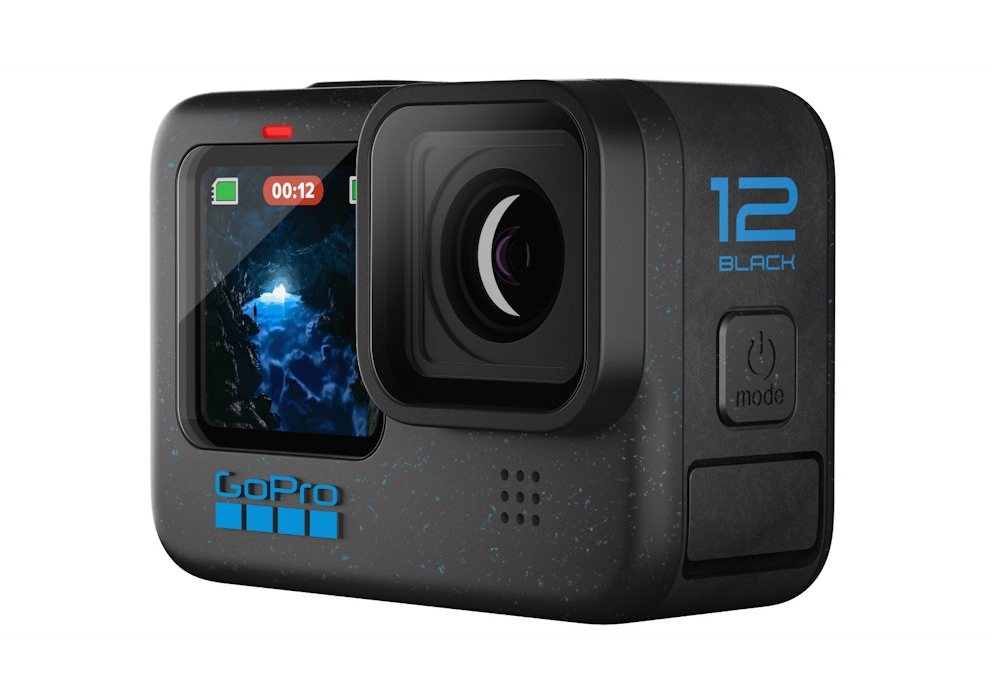 GoPro HERO12 Black Action Video Camera
GoPro HERO12 Black Action Video Camera
- Price A$ 649.00
-
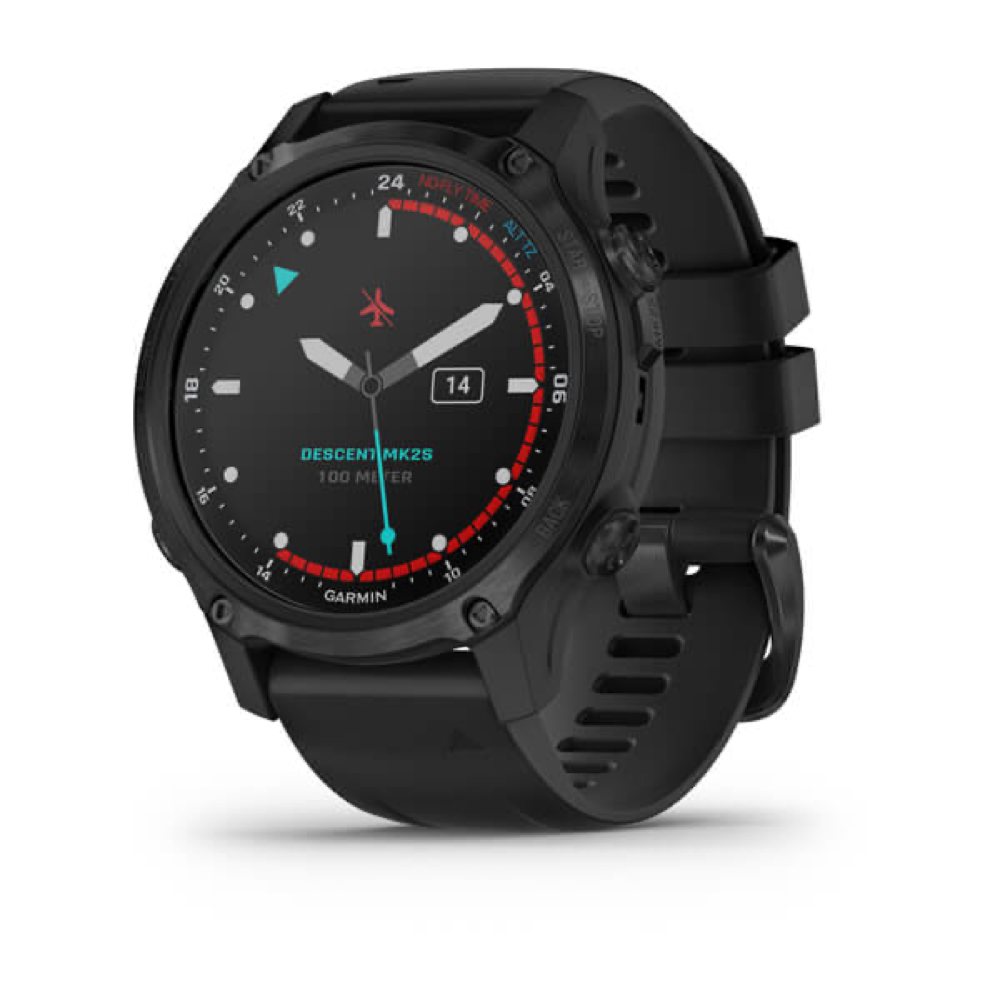 Garmin Descent Mk2S Watch Dive Computer
Garmin Descent Mk2S Watch Dive Computer
- Price A$ 1,399.00
-
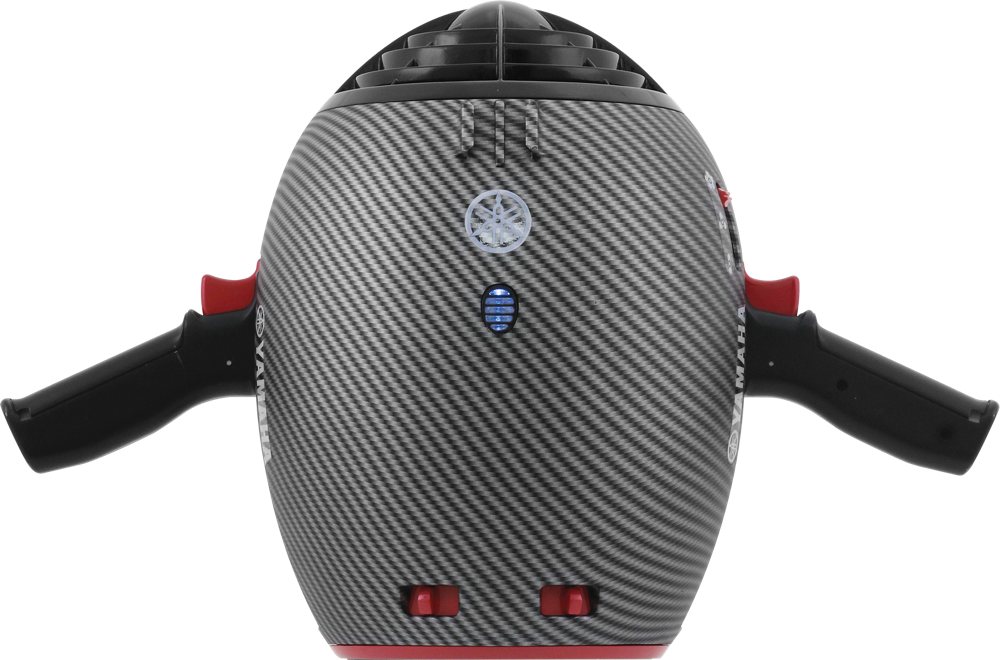 Yamaha Seascooter Jet Pod PRO
Yamaha Seascooter Jet Pod PRO
- Price A$ 1,799.00
-
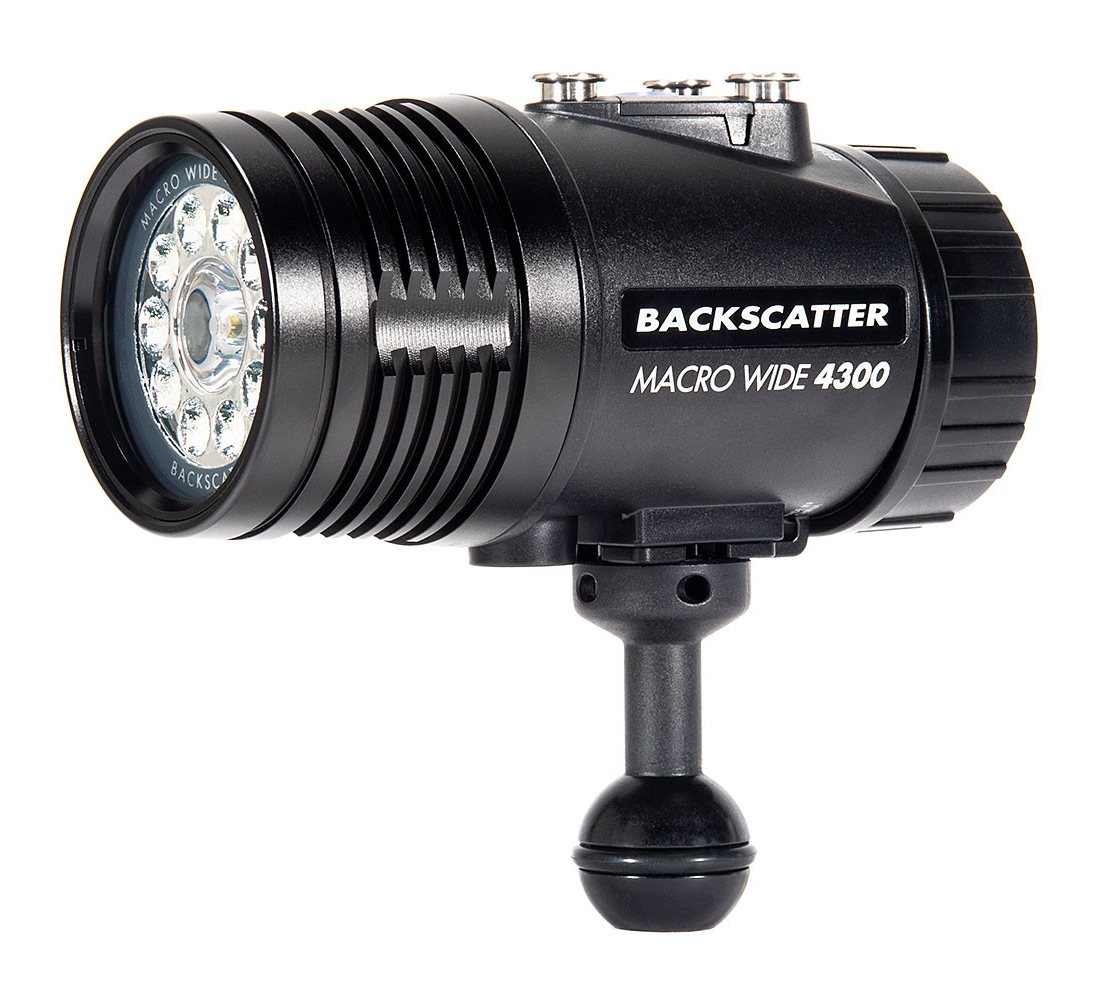 Backscatter Macro Wide 4300 Underwater Video Light MW-4300
Backscatter Macro Wide 4300 Underwater Video Light MW-4300
- Price A$ 689.00
-
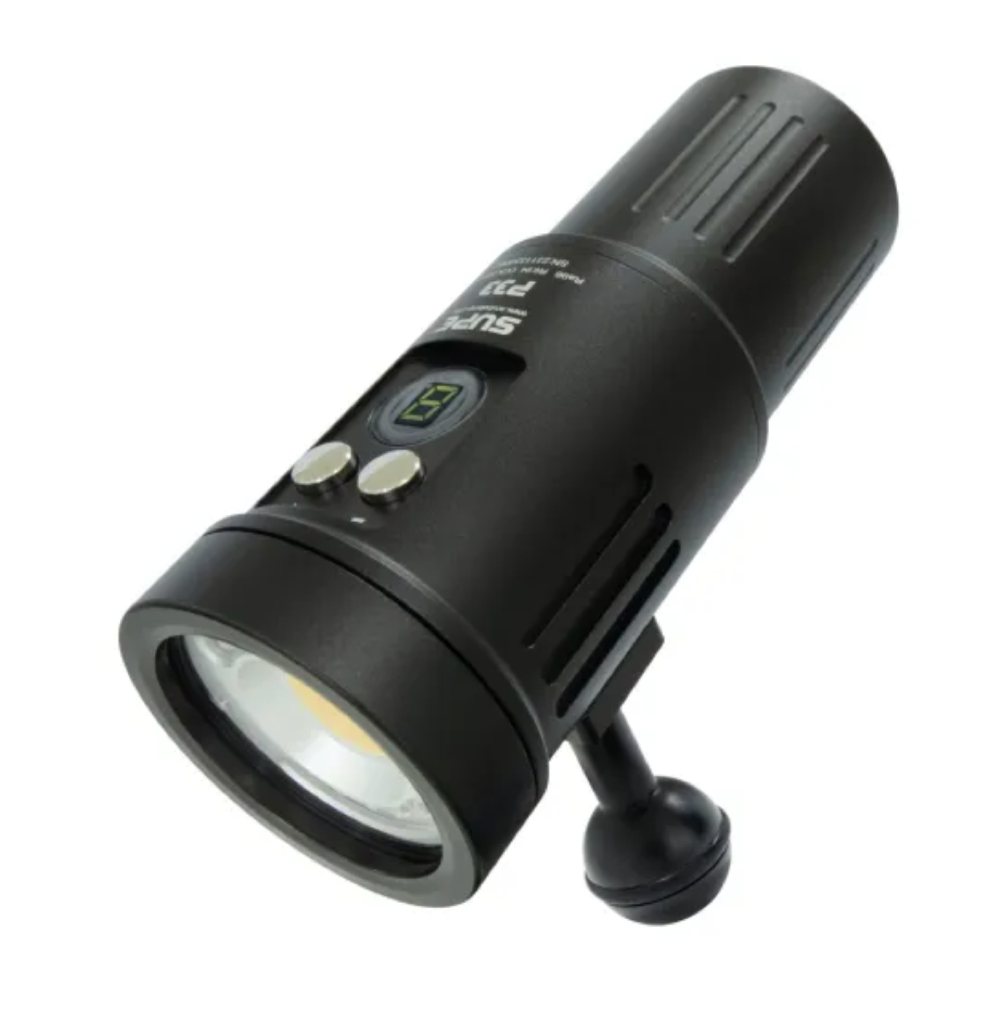 Scubalamp P33 LED Video/Photo Strobe Light - 5000 lumens
Scubalamp P33 LED Video/Photo Strobe Light - 5000 lumens
- Price A$ 649.00
-
 Venture Heat - Pro 32w Dive Vest Kit - V2
Venture Heat - Pro 32w Dive Vest Kit - V2
- Price A$ 1,139.00
-
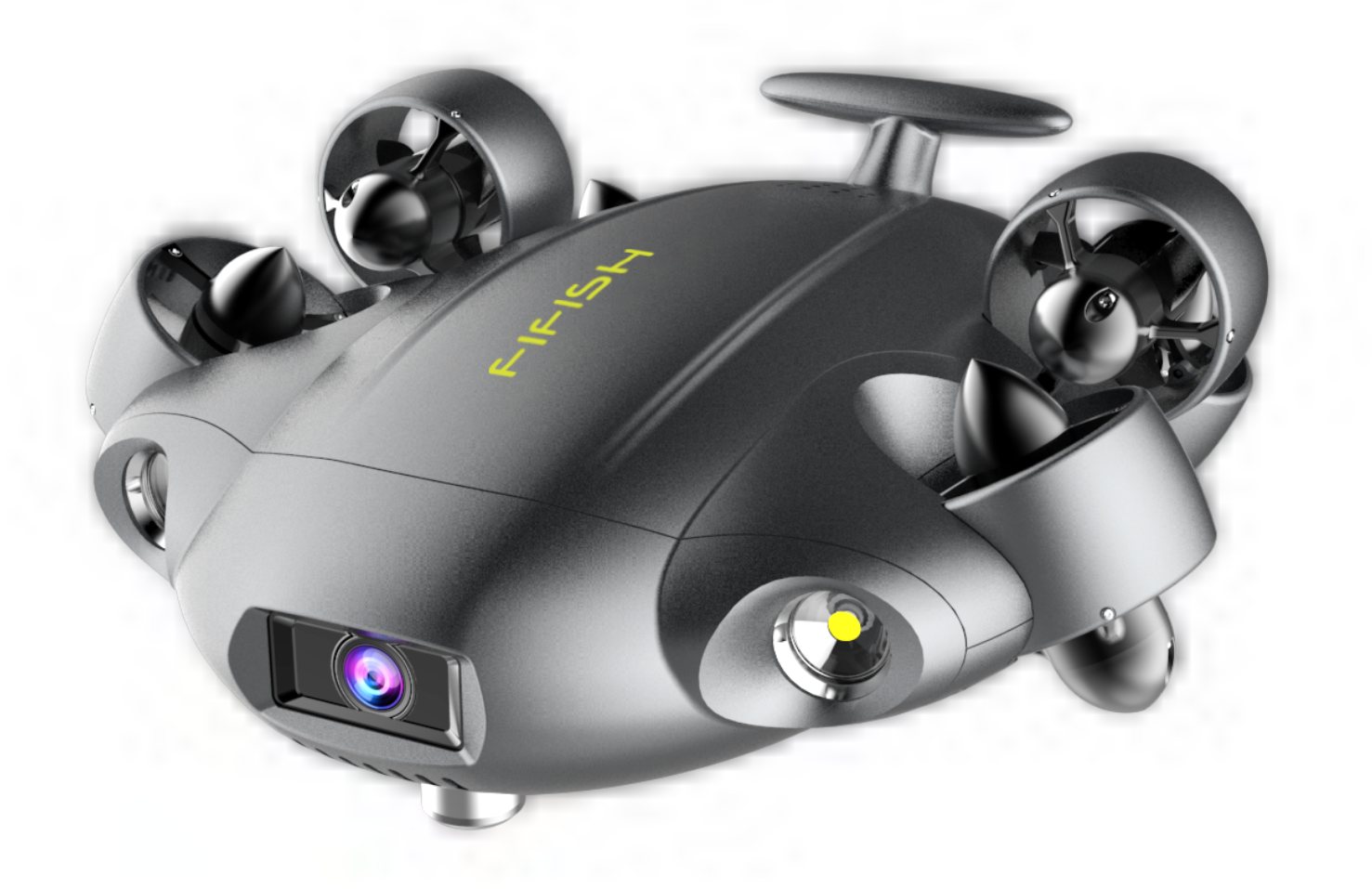 QYSEA Fifish V6 Expert - Underwater Modular Drone Kit
QYSEA Fifish V6 Expert - Underwater Modular Drone Kit
- Price A$ 4,999.00
Articles
-
 Beating Low Visibility - Underwater Photography with Mathieu Meur
Beating Low Visibility - Underwater Photography with Mathieu Meur
- Underwater conditions are not always ideal for underwater photography. This doesn't mean that you should leave your camera behind when faced with the prospects of low visibility.
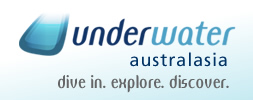


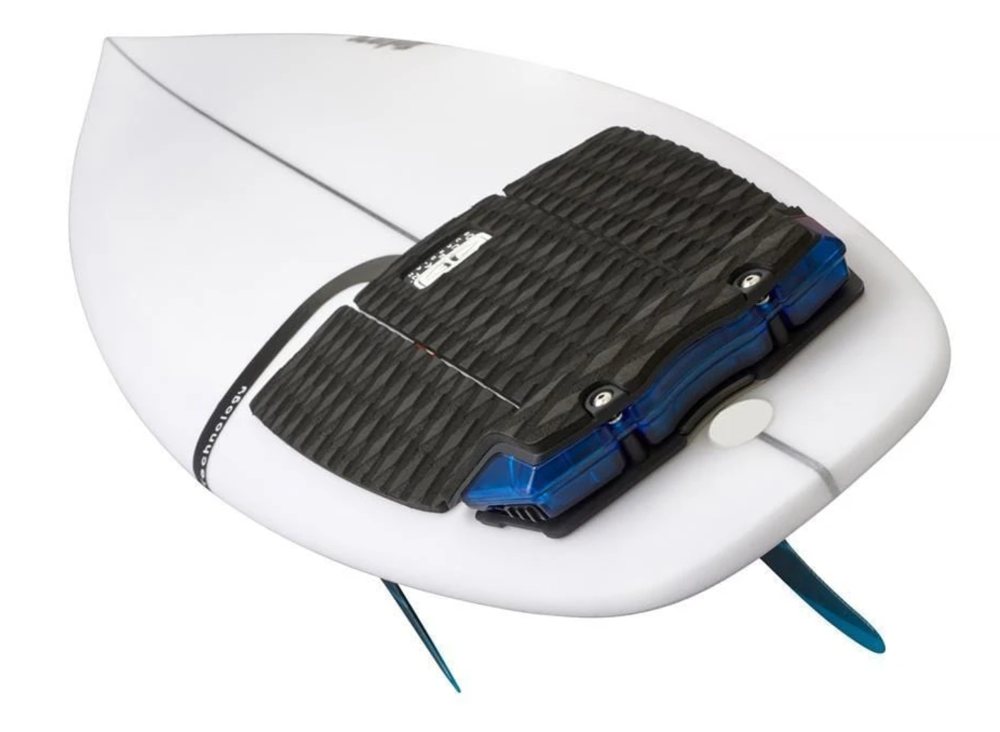 Ocean Guardian - Shark Shield FREEDOM+ Surf - Shortboard (Bundle)
Ocean Guardian - Shark Shield FREEDOM+ Surf - Shortboard (Bundle)

